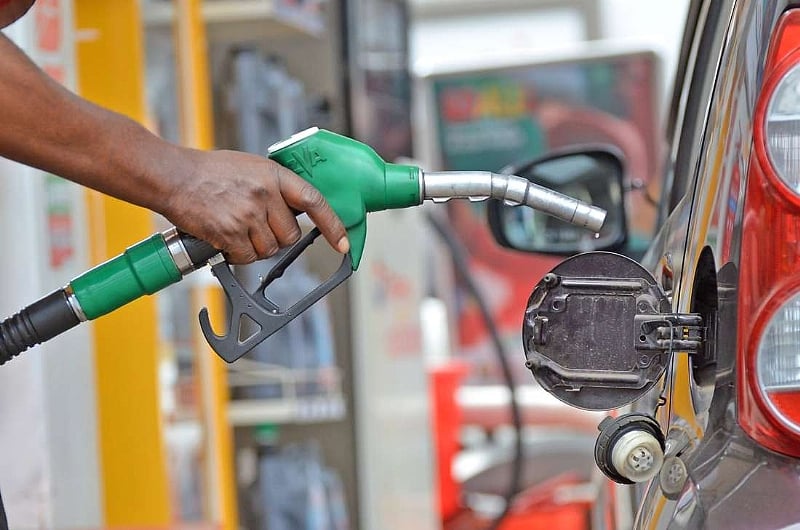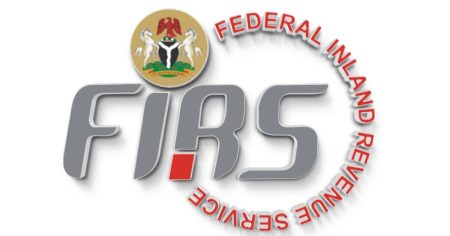The Chamber of Petroleum Consumers (COPEC) has voiced its discontent with the recent fuel price reductions in Ghana, deeming them insufficient and out of sync with the prevailing market dynamics and currency stability. COPEC argues that the price cuts fail to adequately reflect the recent strengthening of the cedi against major foreign currencies and the concurrent decline in global oil prices. This situation, they contend, deprives consumers of the full benefits of these favorable economic shifts. COPEC Executive Secretary Duncan Amoah highlights the discrepancy between the actual pump prices and what they should be, given the current market conditions. He points to Bulk Distribution Companies (BDCs) selling petrol around GH¢8 per liter and diesel between GH¢8.50 and GH¢9 per liter. Factoring in taxes and Oil Marketing Company (OMC) margins, Amoah argues that pump prices should be around GH¢11.70 per liter. However, some OMCs continue to charge prices above GH¢12 per liter, suggesting a market failure in passing on cost savings to consumers.
The heart of COPEC’s criticism lies in the perceived inadequacy of the price reductions and the inconsistent pricing practices observed across different OMCs. While some stations, like Star Oil, have reduced prices to GH¢11.77 for petrol and GH¢12.49 for diesel, others, including state-run GOIL, are still charging GH¢12.52 and GH¢12.98 per liter for petrol and diesel, respectively. This disparity, according to COPEC, signifies a lack of effective regulatory oversight, allowing some OMCs to maintain artificially inflated prices despite the favorable market conditions. The current price reductions, though welcomed, are seen as merely scratching the surface of the potential savings that should be passed on to consumers.
COPEC’s critique underscores a broader concern about the transparency and competitiveness of the fuel market in Ghana. While the cedi’s appreciation against major foreign currencies and the falling global oil prices provide a strong basis for substantial price reductions, the observed discrepancies at the pump raise questions about whether these benefits are being fully transmitted to the end consumer. The organization stresses the need for stronger regulatory intervention to ensure that OMCs operate within a fair and competitive framework, preventing them from exploiting market conditions to their advantage. COPEC’s call for robust regulatory oversight aims to create a more transparent and efficient fuel market where price adjustments accurately reflect the prevailing economic realities.
The current situation exemplifies the challenges faced by consumers in a market where pricing mechanisms are not fully transparent and competitive pressures are not effectively driving down prices. The inconsistencies observed at the pump, with some OMCs offering significantly lower prices than others, highlight the need for a more level playing field. COPEC’s advocacy for greater regulatory oversight underscores the importance of ensuring that consumers are not unduly burdened by inflated prices, especially during times of favorable market conditions like the present. The call for regulatory intervention aims to protect consumers from potential exploitation and ensure that the benefits of currency appreciation and lower global oil prices are truly reflected in the prices they pay at the pump.
COPEC emphasizes that the current price reductions, while a step in the right direction, are far from sufficient considering the significant positive shifts in the currency exchange rate and global oil prices. The discrepancies observed across different filling stations, with some maintaining prices well above what market conditions dictate, further strengthen their argument for greater regulatory scrutiny. The organization’s call for stricter oversight is rooted in the belief that a more transparent and competitive market is essential to ensure that consumers receive the full benefits of favorable economic conditions.
In conclusion, COPEC’s dissatisfaction stems from the perceived disconnect between the prevailing market dynamics and the actual price reductions implemented by OMCs. The organization’s call for stronger regulatory intervention aims to address the inconsistencies in pricing, promote transparency, and ensure a more competitive fuel market that truly benefits consumers. The current situation underscores the importance of effective regulation in protecting consumers from potential price manipulation and ensuring that the benefits of favorable economic conditions are passed on effectively. The inconsistencies observed at the pump highlight the need for a more robust regulatory framework capable of enforcing fair pricing practices and promoting a truly competitive market.














